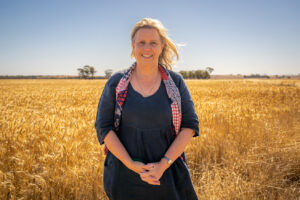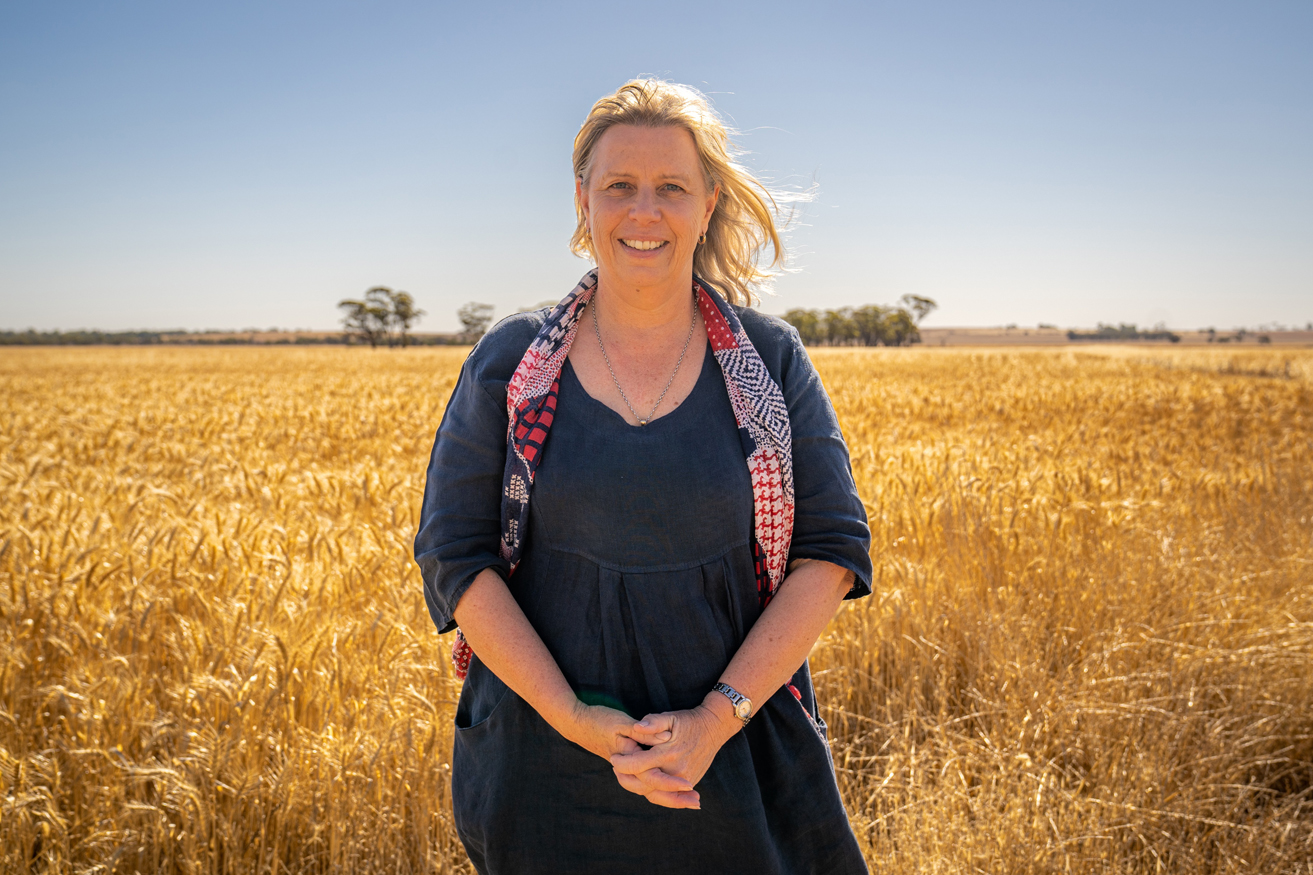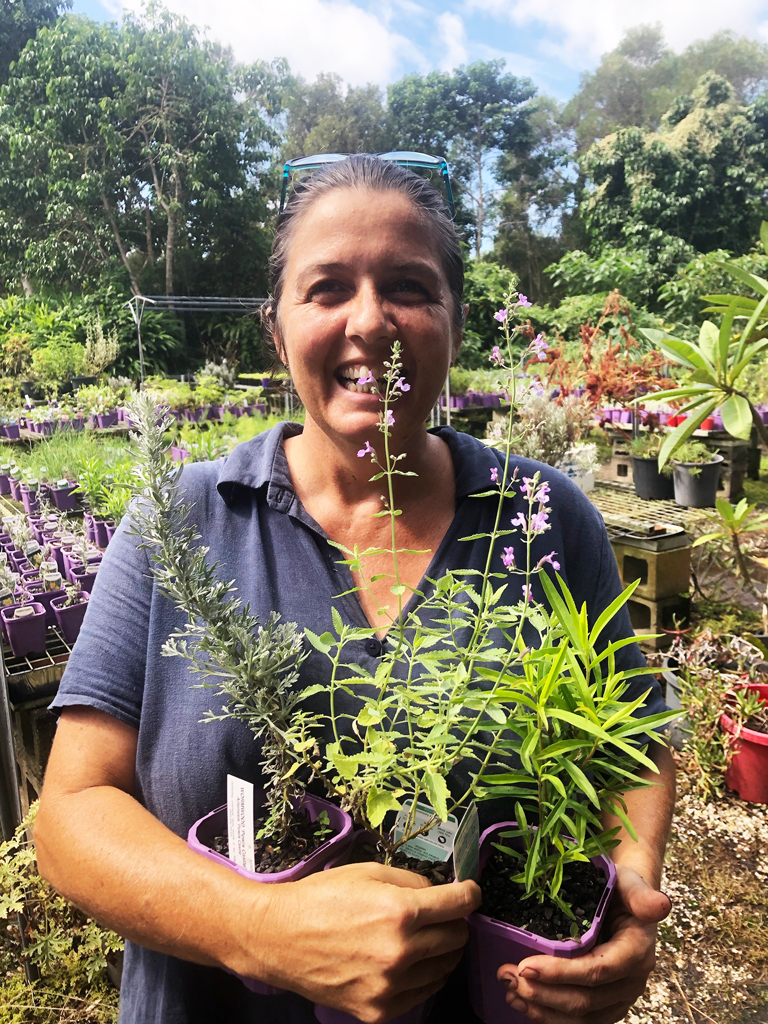
Portraits of women in the industry
By Patrick Regnault
The number of women working in horticulture has increased over the years. This is the portrait and thoughts of two women working in the horticulture industry.
These women differ in age, experiences and professional pathways. Gender is not relevant when it comes to passion, creativity and professionalism. Parts of the horticulture sector still lag behind in terms of attracting female personnel. Men also benefit from having female co-workers, they remind them of their limitations, the need for cooperation and often make a workplace more harmonious. By listening to people’s experiences, we can understand and open the industry to valuable people who will help grow and create new possibilities.
Glenice Batchelor (FAIH) is in her sixth decade, from country Western Australia and Kisane McWhinney, 49 is from Northern NSW. Their journey and experiences are different but there are many similarities in the challenges they faced and their pursuit of their chosen fields.
Glenice’s qualifications are many, starting with a traineeship and Certificate of Horticulture at Kings Park Botanic Garden, a Diploma of Horticulture (Nursery Management), Certificate in Turf Management (one of the first females in WA), and Certificate in Human Services (Disability), she studied project management, learnt from the Noongar people and is currently studying for a Bachelor of Science in Regenerative Agriculture at Southern Cross University. She took to heart the advice that Ernst Wittwer, Horticulturist and first Nurseryman and a Superintendent of King’s Park Botanic Garden, when he said, “You will never learn all there is to know about plants – you won’t even know what you don’t know”.
Glenice’s involvement in the industry qualified her for a place on the AIH National Council, and later created the Therapeutic Horticulture Australia Association.


From the beginning, she was told the work would be too hard and would be boring. It never happened. It has not always been easy, there were frustrating, angry and sad times but it was always manageable. She persevered because it is her passion. Physically, she had to adapt with tools and equipment. Sometimes it takes creativity and at times, had to ask for help. It is always given. Academically, being female made no difference. Working in male-dominated horticulture and agriculture, and committees and boards was a challenge, sometimes it still is. Being brought up to believe that anything was possible was a very good base. Glenice has parents, an older brother, and a husband and colleagues who support her when her confidence is tested.
Glenice’s advice to female horticulturists: “Get involved with your industry and community and give back as a volunteer. Gender doesn’t matter, they’ll be grateful to have you along to contribute”.
Kisane started 22 years ago. A job became a passion, leading to a Cert IV in Horticulture and a career in retail and wholesale nursery work. She became a retail nursery manager, then set up her own business in plant procurement and plant selection for landscapers, garden designers and garden maintenance. She is currently working in a supported business for people with disabilities, growing herbs and flowers which requires her to re-skill and up-skill in various areas.
Landscaping sites can be a lot of fun but they are not without challenges for women. On a practical level, work clothes for women are not always available or the right size, and toilet facilities are not always there or suitable. Not everyone is welcoming, but this is changing. In her early years, Kisane felt a pressure, both peer and self-imposed, to be “one of the boys”, but with time and experience she realised that her value was in the very difference she brought to the workplace. Skills, knowledge and sensitivities women bring benefits the workplace. Kisane is empowered enough in herself to value the expertise she brings and knows when to ask for help if required. Men’s attitudes have changed too, whilst there are still some who’s behaviour is disrespectful, many welcome and value having women on site and are ready to call out sexist behaviour. To budding female horticulturists, Kisane would encourage them to get diverse experience in a range of settings, to work hard but work within their limits, and to remember that they may not be able to lift as much but they will bring something special that will be needed and valued.
Patrick Regnault MAIH RH
Australian Institute of Horticulture
